Entrepreneurial and marketing success can’t just come from an online blog (no matter how awesome). There’s still huge value in flipping a page.
To celebrate World Book Day, here are the five most influential hard-copy books which educated, inspired and changed the way we run our businesses, communicate with customers, and market online.
1. “How to Win Friends and Influence People” by Dale Carnegie
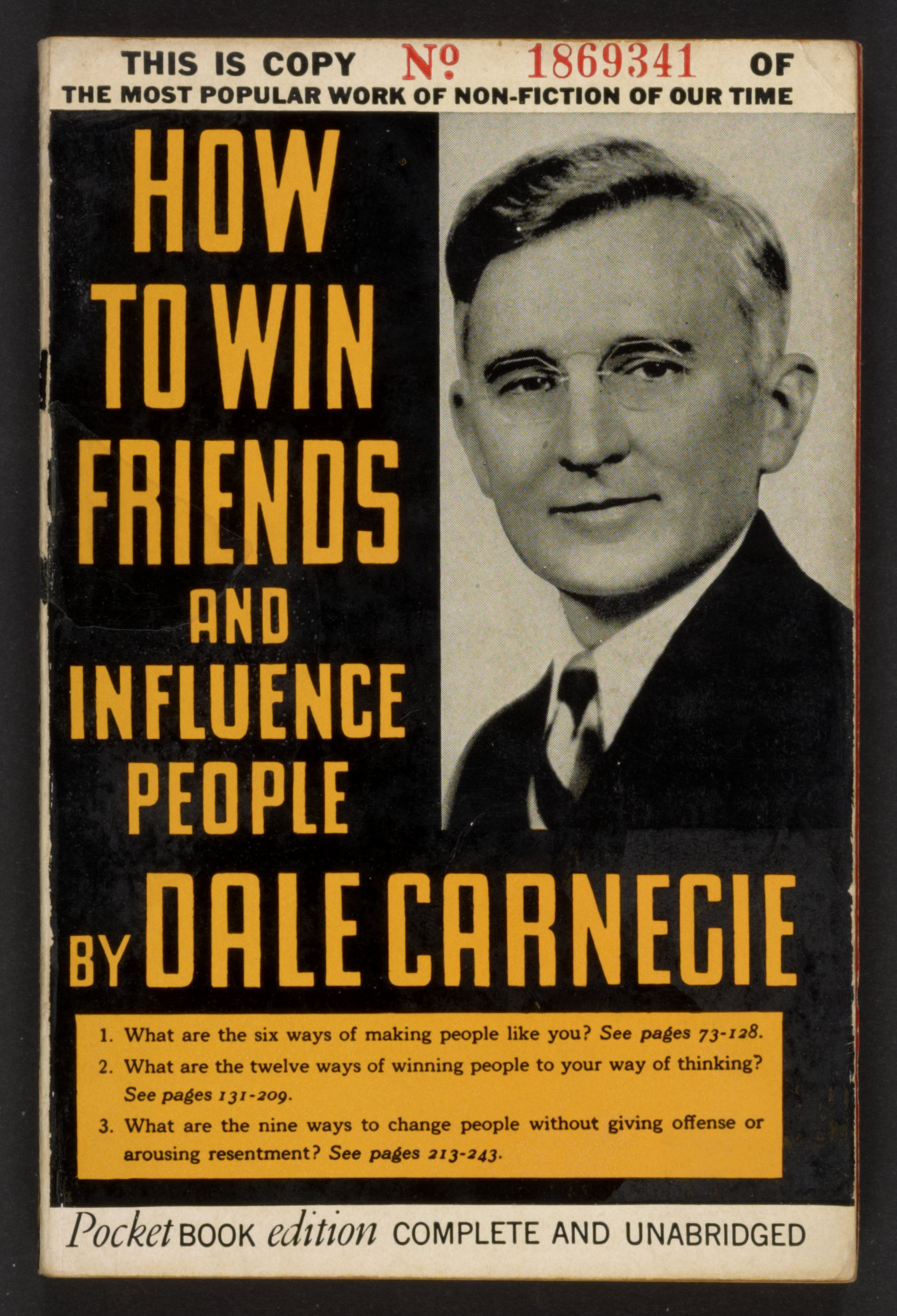
This book was originally written in 1936, which you might think would make it outdated and useless.
Here’s the thing. It’s not. And it’s not a book for the socially-awkward or conniving. It’s a book which, so long as you take its timeless advice with a grain of 2015 salt, is a huge one for marketers.
Carnegie breaks it down into a few simple ideas which we all know but rarely practice. Keeping them in mind is essential both in your office and online:
- Step 1: Be genuinely interested in other people
- Step 2: Smile – or, be outwardly, superficially, friendly
- Step 3: Focus on people’s names – or, remember that everyone is an individual who has an individual personality. Talk to that individual.
- Step 4: Be a good listener.
- Step 5: Talk in terms of the other person’s interests.
- Step 6: Make the other person feel important–and do it sincerely.
Sound like contemporary marketing best practices written before WWII? They are.
2. “The Lean Startup” by Eric Ries
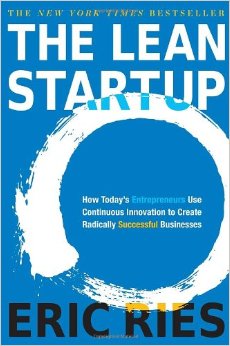
This is the one we have on our desks. This is the one (alongside Zuckerberg’s “move fast and break things”) that changed the way Wishpond works.
We (and many other startups like us) try things rather than plan them exhaustively. We rely on testing and constant iterations of our platform, pages and tool rather than up-front, immovable design.
This is the one I was asked to read when I first applied. It framed the way we started and continues to have a huge influence on us as we grow.
3. “Unconscious Branding” by Douglas Van Praet
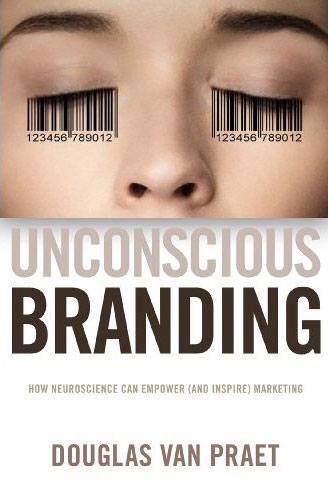
One of my personal favorites, Van Praet’s treatise applies psychology and cognitive science to how we market, advertise, consume, and make purchase decisions.
This one inspired my series on The Psychology Behind a Successful Facebook Ad, in which I discussed how the brain responds (and acts) based on color, text, and image stimuli.
4. “Guerrilla Marketing” by Jay Conrad Levinson
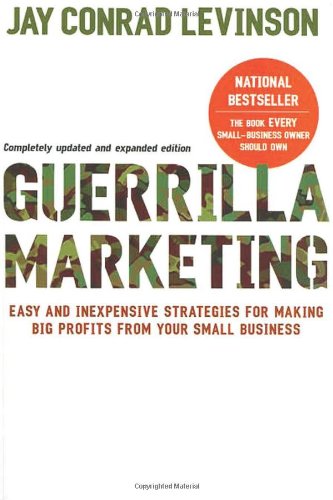
Originally published in 1983 (so occasionally obsolete) Levinson’s marketing bible is still one of the foremost publications for entrepreneurs and marketers everywhere.
This book was instrumental in the change from traditional marketing to the on-the-fly, creative focus which frames the way we think and communicate today. It also heavily influenced the growth-hacking movement of the mid 2000s.
In fact, it was Levinson who first brought focus to the things we’d call “best practice” in modern day marketing:
- Put more than 50% of your marketing time, effort and budget towards retention of existing clients.
- The primary focus of any business should be on profit, not sales, hits, traffic, [views], etc
- Focus on marketing to the customer: use “you”, not “I” or “we”
- Marketing Success can’t be seen immediately. It takes at least 2 (and probably 6) before you can tell if something’s working.
- Brand awareness and relationships beget confidence. Confidence begets sales.
- Information is what separates the prospective customer from a loyal client. Provide that information via seminars, articles, newsletters, etc. Try for 75% education and 25% pitch.
That last point is especially cool for me, given that Levinson is clearly talking about content marketing – a term which wouldn’t be officially coined for another 13 years.
5. “The Adweek Copywriting Handbook” by Joseph Sugarman
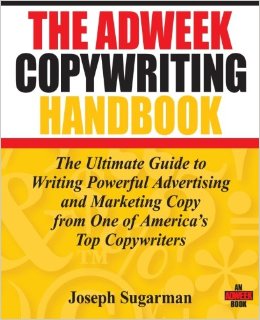
This one is a recommendation from Wishpond’s former content strategist and current Chief Product Officer Nick Steeves. He loves this book for its simplicity and step-by-step process.
Yes, it’s on copywriting, but more than that the legendary copyrwriter Joseph Sugarman breaks down the procedure, from preparation, researching, brainstorming and content creation to the essential step of turning something good into something that shines like a diamond and convinces a prospective to become a customers.
Other Worthy Notables:
- “The Art of Social Media” by Guy Kawasaki and Peg Fitzpatrick
- “Breakthrough Advertising” by Eugene Schwartz
- “Growth Hacker Marketing” by Ryan Holiday
- “Permission Marketing” by Seth Godin
- “Creative Confidence” by Tom and David Kelley
Are there any other marketing books you think I should add to this list? Let me know in the comment section!

